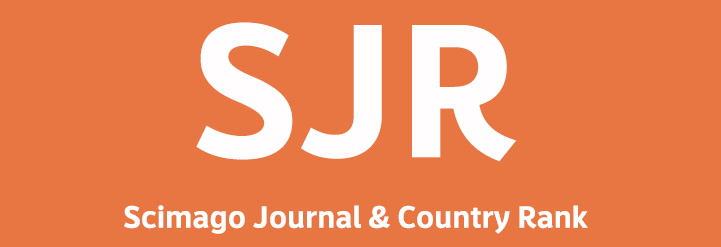THE MANAGEMENT OF SPENT CATALYST IN RCC/FCC UNITS IN ASEAN REFINERIES
DOI:
https://doi.org/10.29017/SCOG.28.3.1041Keywords:
Catalytic, Asean Refineries, Regeneration,Abstract
Catalytic cracking processes convert heavy feed- stock (heavy distillate, residue) into gasoline and light cycle stock for middle distillate components. Due to high impurity of feedstock and limited operating condition of catalyst regeneration, fresh catalyst must be added to replace a portion of spent catalyst continously, to maintain the activity of equilibrium catalyst in the reactor. Spent catalyst must be disposed properly so that it does not cause hazard or environmental concern. A survey was conducted on the management of spent catalyst in RCC/FCC unit in ASEAN refineries as an ASCOPE Technical Committee work programme for 1996. Indonesia was tasked as the Coordinator with the support of Member Countries. The Coordinator for each Member Country is listed in the Table 1. This paper discusses briefly catalytic cracking process, deactivation of cracking catalyst and the management of spent cata- lyst in RCC/FCC unitsÂReferences
A.T. Bell, et all, 1995, Protecting the Environment Through Catalysis, Chemical
Engineering Progress, February pp 26-34.
B. Delmon and GF. Froment, 1980, Catalytic De- activation, Elsevier, Scientific, Publ, Co,
New York.
Charles C. Radcliffe, Regional Technical Service Manager-Asia Pasific Rim, Engelhard
(Personel Communication), Engelhard Spent Catalyst Project, Summary Evaluation of
Spent FCC Re- cycling as an Asphalt Filler.
James A. Lassner, 1994, Reclaim Spent Catalysts Properly, Chemical Engineering
Progress, August pp 95-97.
J.F. Le Page, 1987, Applied Heterogenous Ca- talysis, Edition Technip, Paris.
Karel Hanbomdin and Edward Mazuroski, 1996, Petroleum and Refinery Waste
Minimation,. and Managemen. A Cost Effective Strategy for Establishing Sustainable
Growth in the Energy Sec- tor, IPA 96. 60-012, Twenty Five Silver Anniversary, IPA,
Jakarta, October. 7. Togo, J. and Hori Y., 1993, Chujoda Corporation, States of Residium
Upgrading Technology. ASCOPE '93 Converence of Exhibition, Bangkok, Thailand,
November
Downloads
Issue
Section
License
Copyright (c) 1970 SCIENTIFIC CONTRIBUTIONS OIL AND GAS (SCOG)

This work is licensed under a Creative Commons Attribution 4.0 International License.
Authors are free to Share — copy and redistribute the material in any medium or format for any purpose, even commercially Adapt — remix, transform, and build upon the material for any purpose, even commercially.
The licensor cannot revoke these freedoms as long as you follow the license terms, under the following terms Attribution — You must give appropriate credit , provide a link to the license, and indicate if changes were made . You may do so in any reasonable manner, but not in any way that suggests the licensor endorses you or your use.
No additional restrictions — You may not apply legal terms or technological measures that legally restrict others from doing anything the license permits.














